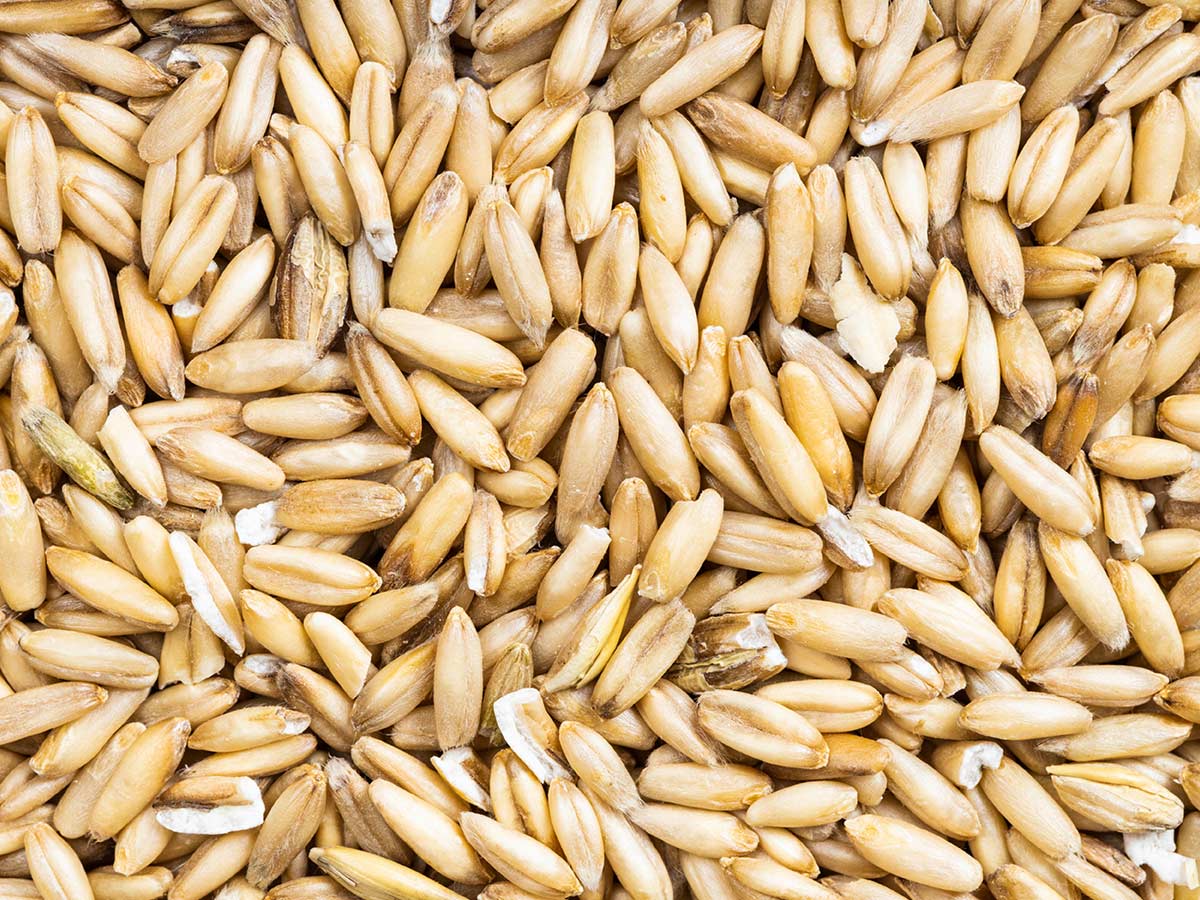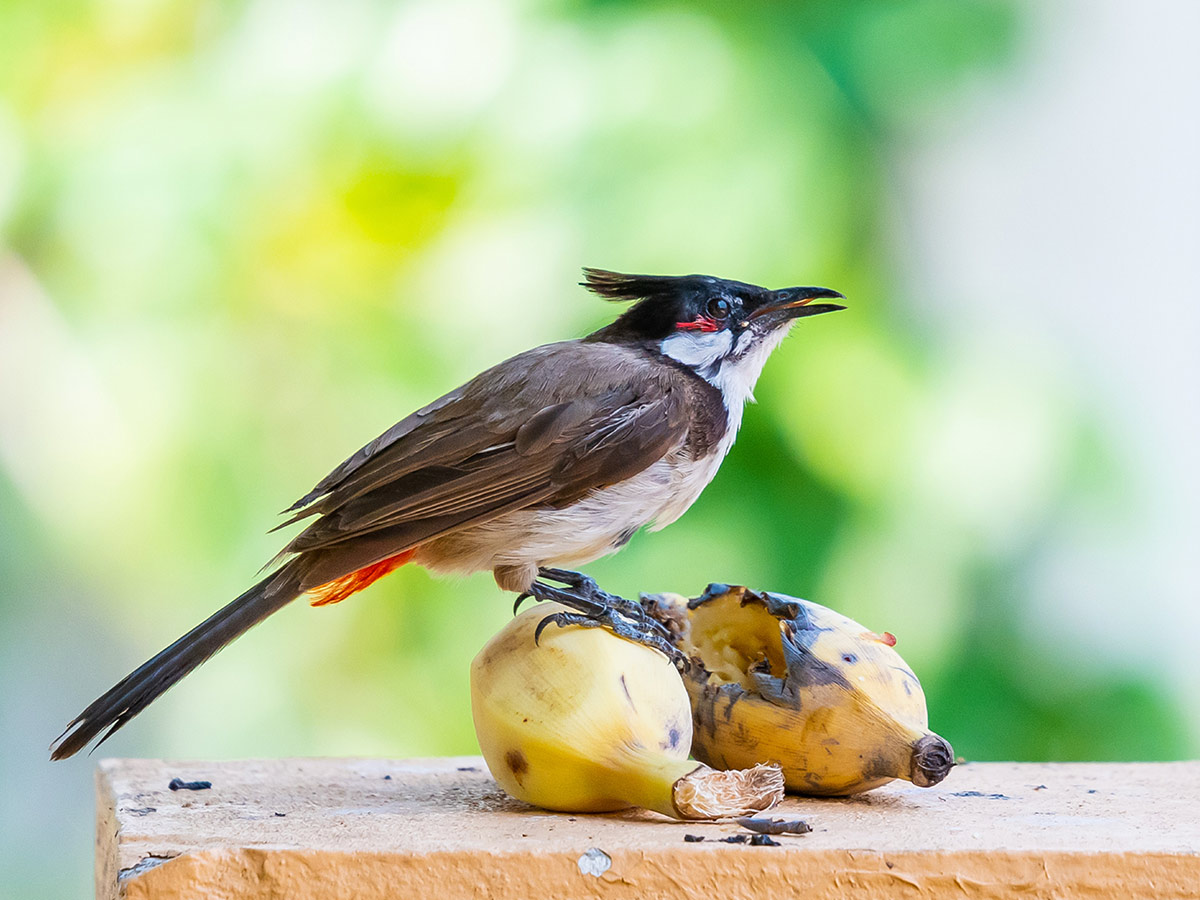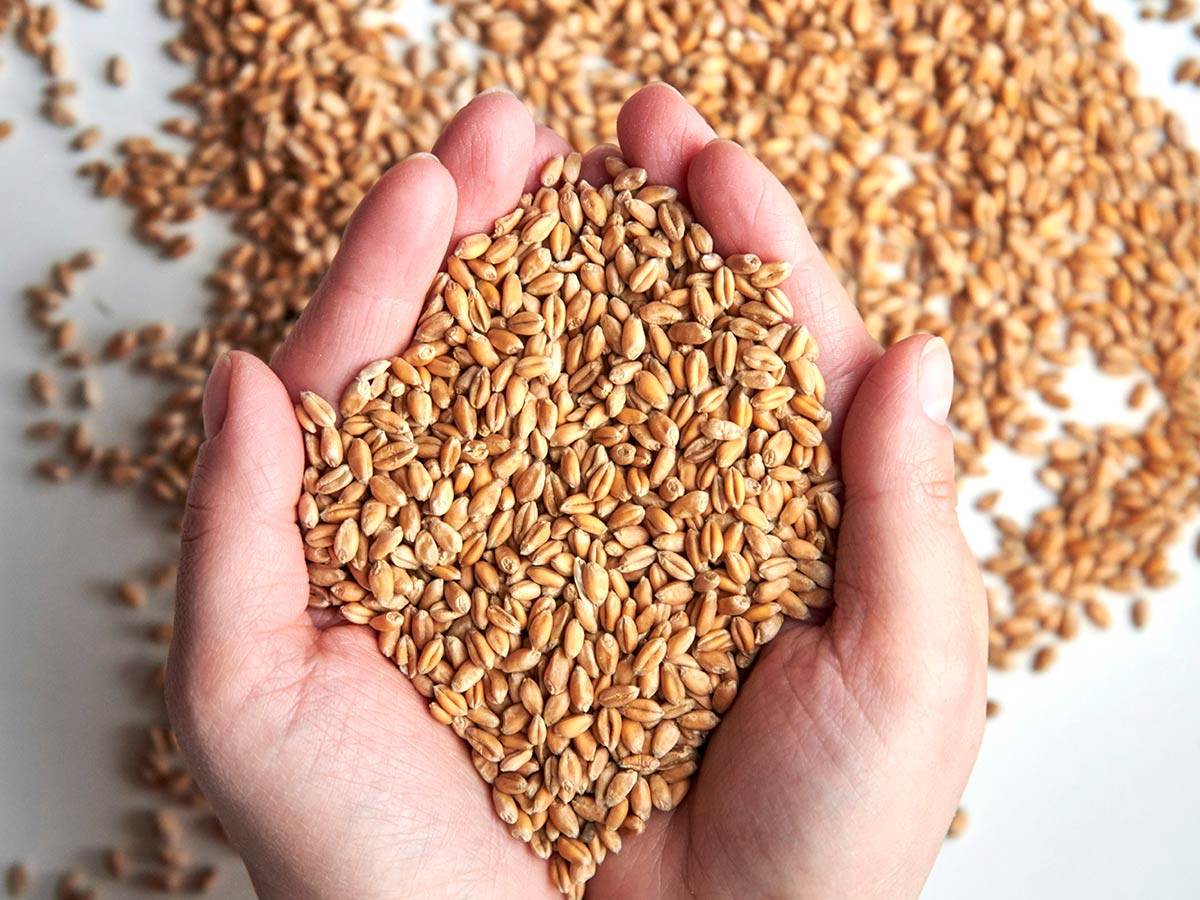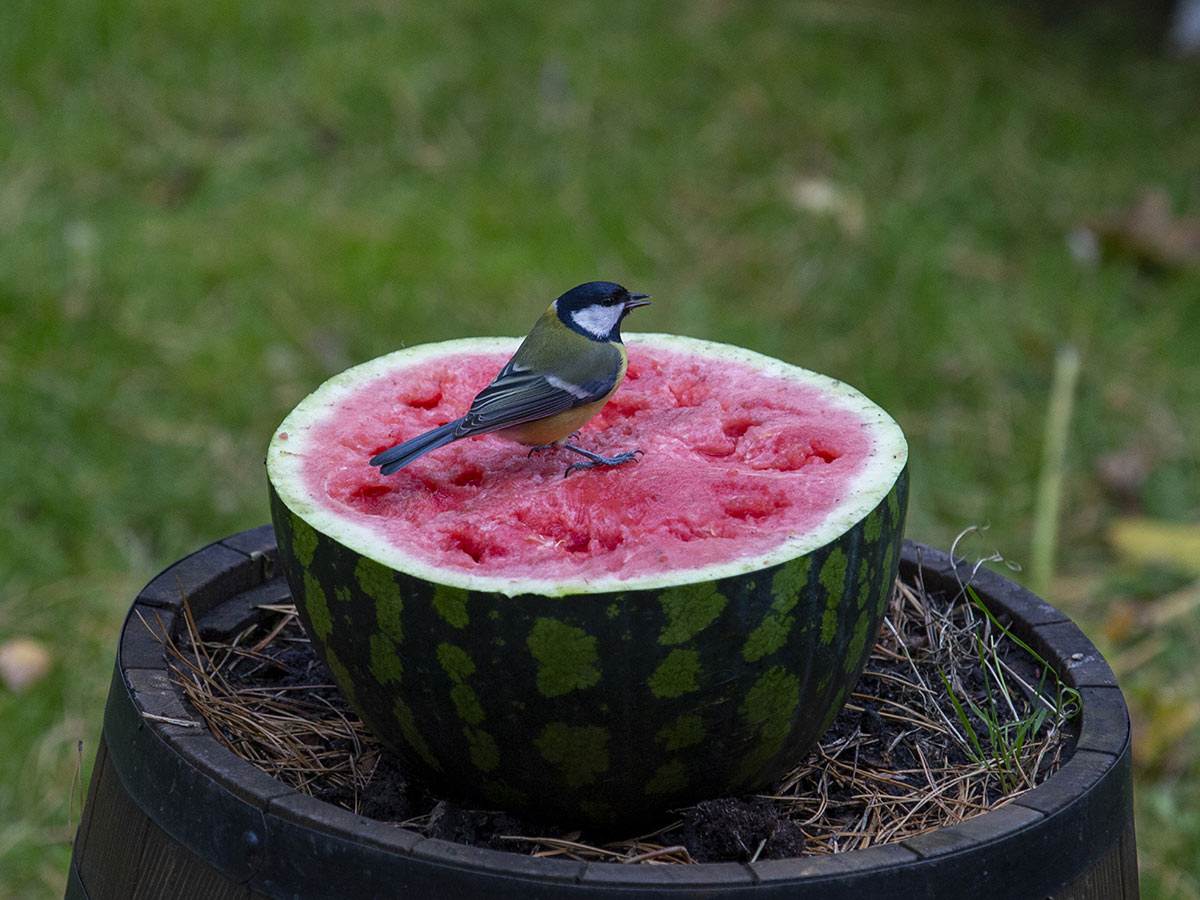Ah, the delightful world of bird feeding! If youíve ever marveled at the colorful avian visitors in your garden, you might have wondered, ďCan birds munch on sunflower seeds?Ē Well, youíre in for a feathered treat! Letís take a...
Ah, the delightful world of bird feeding! If youíve ever marveled at the colorful avian visitors in your garden, you might have wondered, ďCan birds munch on sunflower seeds?Ē
Well, youíre in for a feathered treat! Letís take a peck into this crunchy topic.
Are Sunflower Seeds Safe for Avian Consumption?
So, you might be thinking, ďIs it safe to toss some sunflower seeds out for our feathered friends?Ē Absolutely! Sunflower seeds are a wholesome treat for many bird species. These little seeds, with their thin shells and compact size, are a doddle for most birds to handle.†
Whether itís the cheerful chirp of a sparrow or the vibrant plumage of a cardinal, these seeds are a hit with a wide range of avian visitors. Just be sure to offer them in moderation, as too much of a good thing can sometimes lead to dietary imbalance.
What Nutritional Benefits Do Sunflower Seeds Offer for Birds?
Now, letís talk about the nutrition-packed punch these seeds deliver. Think of them as the avian equivalent of a power smoothie!
Sunflower seeds are brimming with essential nutrients like protein, fiber, and healthy fats. This makes them a vital part of a birdís diet, providing them with the energy they need for their daily activities. Itís like a miniature energy bar for our feathery friends, giving them the boost they need to flit and flutter about.
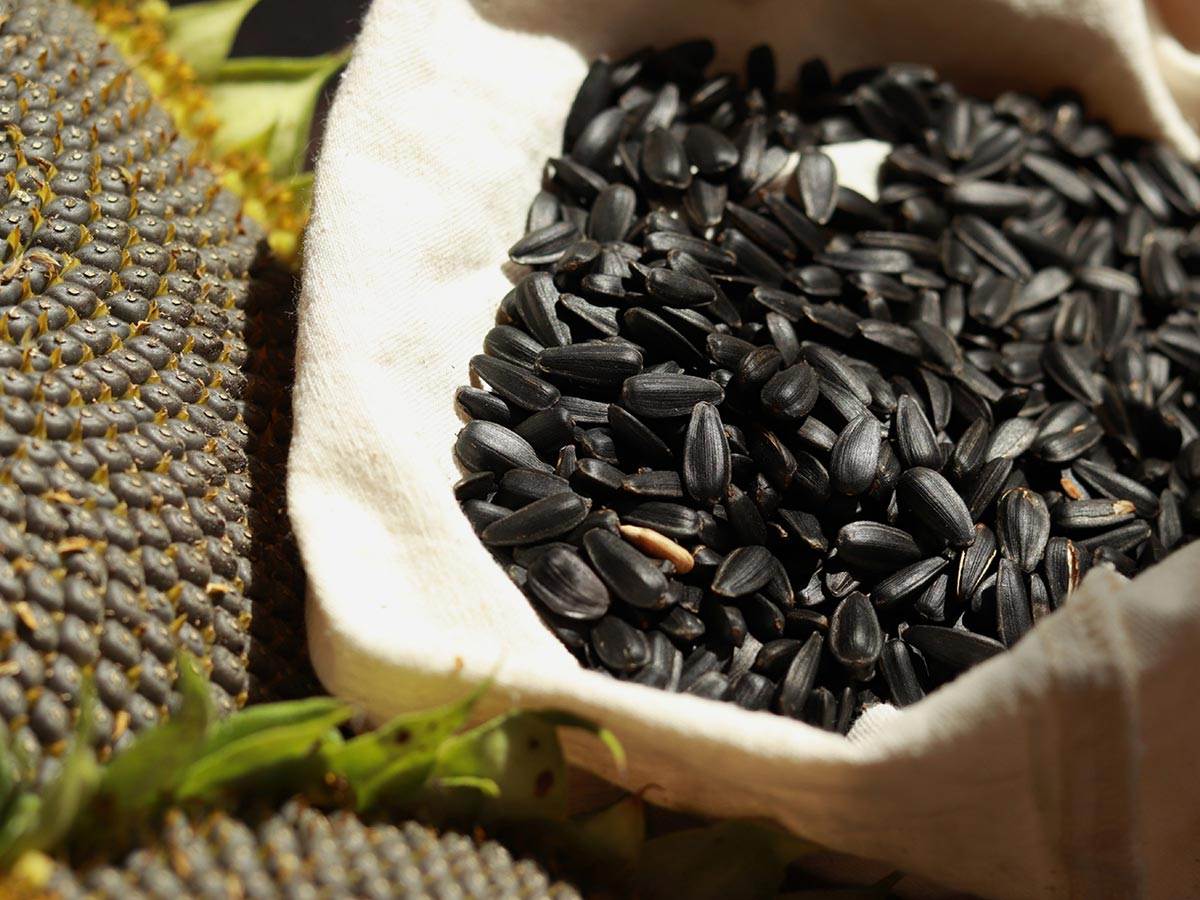
But thatís not all! Sunflower seeds also contain a hearty helping of vitamin E, which is fantastic for their feathers. This vitamin helps maintain the health and integrity of their plumage, ensuring that they stay vibrant and in top-notch condition.
Additionally, theyíre a veritable treasure trove of B vitamins that contribute to their overall vitality. Picture them as tiny, winged athletes, getting their dose of essential nutrients in every nibble.
Sunflower seeds also boast a healthy dose of minerals like magnesium and selenium. These play crucial roles in a birdís overall well-being.†
Magnesium helps with muscle function and metabolism, while selenium acts as an antioxidant, protecting their cells from damage. So, not only are sunflower seeds a delightful treat, but theyíre also a powerhouse of nutrition!
But hold on, thereís more! These little gems are rich in unsaturated fats, the ďgoodĒ kind of fats that support heart health. They provide birds with the necessary building blocks for bodily functions, ensuring theyíre in peak condition for their aerial adventures.
What Are the Risks Associated with Sunflower Seeds?
As much as our feathered friends adore sunflower seeds, a word of caution is due. Too many of these treats can upset a birdís delicate dietary balance. Additionally, beware of any seeds that have gone moldy; theyíre a no-go.
Some birds might find unshelled seeds a bit of a beakful, so opt for the shelled variety. And hereís a nugget of wisdom: skip the flavored or salted seeds. Keeping it simple and natural is the way to keep our avian pals chirpy and content. Balance is key!
Shelled vs. Unshelled Sunflower Seeds for Birds
Letís put an end to the age-old debate, shall we or should I say shell we? To shell or not to shell, that is the question. Shelled sunflower seeds are the epitome of convenience.
Theyíre all set for feasting, and birds wonít have to fuss with the shells. Imagine it as serving a pre-sliced pizza Ė the birds can dive right in without any extra effort.
On the other hand, unshelled seeds require a bit more effort, but they provide a delightful activity for birds, similar to us cracking open a crab leg at a seafood feast.
Larger birds with robust beaks, often relish the challenge of extracting the morsel from its protective shell. Itís like a puzzle for them, keeping their beaks and minds engaged!
As you ponder over which type to offer, consider the species of your bird. Some birds may prefer the convenience of shelled seeds. Others might relish the challenge of extracting the morsel from its protective shell.
What Are the Alternatives to Sunflower Seeds for Birds?
Variety is the spice of life, isnít it? If you want to switch up the avian menu, there are plenty of alternatives to keep things interesting. Try millet, cracked corn, or even a medley of fruits and nuts. Experiment a bit, and youíll have a buffet thatíll make your avian visitors sing your praises!
Millet, with its tiny, round seeds, is a favorite of many ground-feeding birds. Finches, sparrows, and buntings are particularly fond of this nutritious option.†
Cracked corn is another excellent choice, especially for larger birds. Itís like the hearty whole-grain bread of the bird world, providing sustained energy throughout the day.
Fruits and nuts can add a delightful twist to their menu. Birds like robins adore slices of oranges and berries, while jays and woodpeckers have a penchant for peanuts and suet. Itís like treating them to a five-star meal!
Frequently Asked Questions
Letís try and answer some of the burning questions birders might have about shielded and unshielded sunflower seeds and whether they are safe for consumption or not.
Can all birds eat sunflower seeds?†
Most birds can enjoy sunflower seeds, but itís wise to do a quick Google search for specific species. For instance, sunflower seeds might not be the best option for very small birds.
Can birds eat salted sunflower seeds?†
Itís best to avoid feeding salted sunflower seeds to birds. Excess salt can be harmful to their health. Stick to unsalted varieties to ensure their well-being.
Can birds eat sunflower seeds in the shell?††
While some birds can crack open the shells, itís generally recommended to provide shelled sunflower seeds for convenience. This ensures that a wider variety of birds can enjoy them without struggle.
Can birds eat shelled (or hulled) sunflower seeds?†
Yes, shelled sunflower seeds are a popular choice among many bird species. Theyíre a convenient and readily consumable option, especially for smaller birds.
Can birds eat moldy sunflower seeds?†
No, itís crucial to avoid offering moldy seeds to birds. Mold can be harmful to their health and may cause various issues. Always ensure that the seeds are fresh and free from any signs of mold.
Can birds eat whole sunflower seeds?††
Larger birds, like parrots or jays, can handle whole sunflower seeds and enjoy the challenge of extracting them from the shell. However, itís recommended to offer shelled seeds for smaller or less powerful-beaked birds.
Can birds eat white or black sunflower seeds?
Absolutely! Both white and black sunflower seeds are nutritious options for birds. Some bird species may have a preference for one over the other, but both varieties offer essential nutrients.
Can birds eat raw sunflower seeds?
Yes, birds can consume raw sunflower seeds. In fact, raw seeds retain their full nutritional value, making them an excellent choice for avians.
Can birds eat roasted sunflower seeds?
Roasted sunflower seeds can be offered to birds in moderation. However, itís important to opt for unsalted, unseasoned varieties, as added flavors and excess salt can be harmful.
Can small birds eat sunflower seeds?†
Yes, small birds can indeed eat sunflower seeds. However, itís advisable to provide shelled seeds for easier consumption, especially for finches, sparrows, and other petite avians.
Can wild birds eat sunflower seeds?
Absolutely! Many species of wild birds relish sunflower seeds. They provide a nutritious and energy-rich food source, making them a popular choice among bird parents.
Can baby birds eat sunflower seeds?†
Itís generally recommended to provide young birds with softer, easily digestible food. Sunflower seeds may be too hard for baby birds, so itís best to offer them softer options like mealworms or specially formulated bird feed.
Final Remarks
Sunflower seeds offer birds a delightful burst of nutrition. Their petite size and thin shells make them a breeze for most avian friends to handle. Itís like serving up a bite-sized snack buffet for our feathered visitors.
Just remember, a balanced diet includes a variety of treats, so offer these seeds in moderation to keep our avian friends in top-notch shape.







